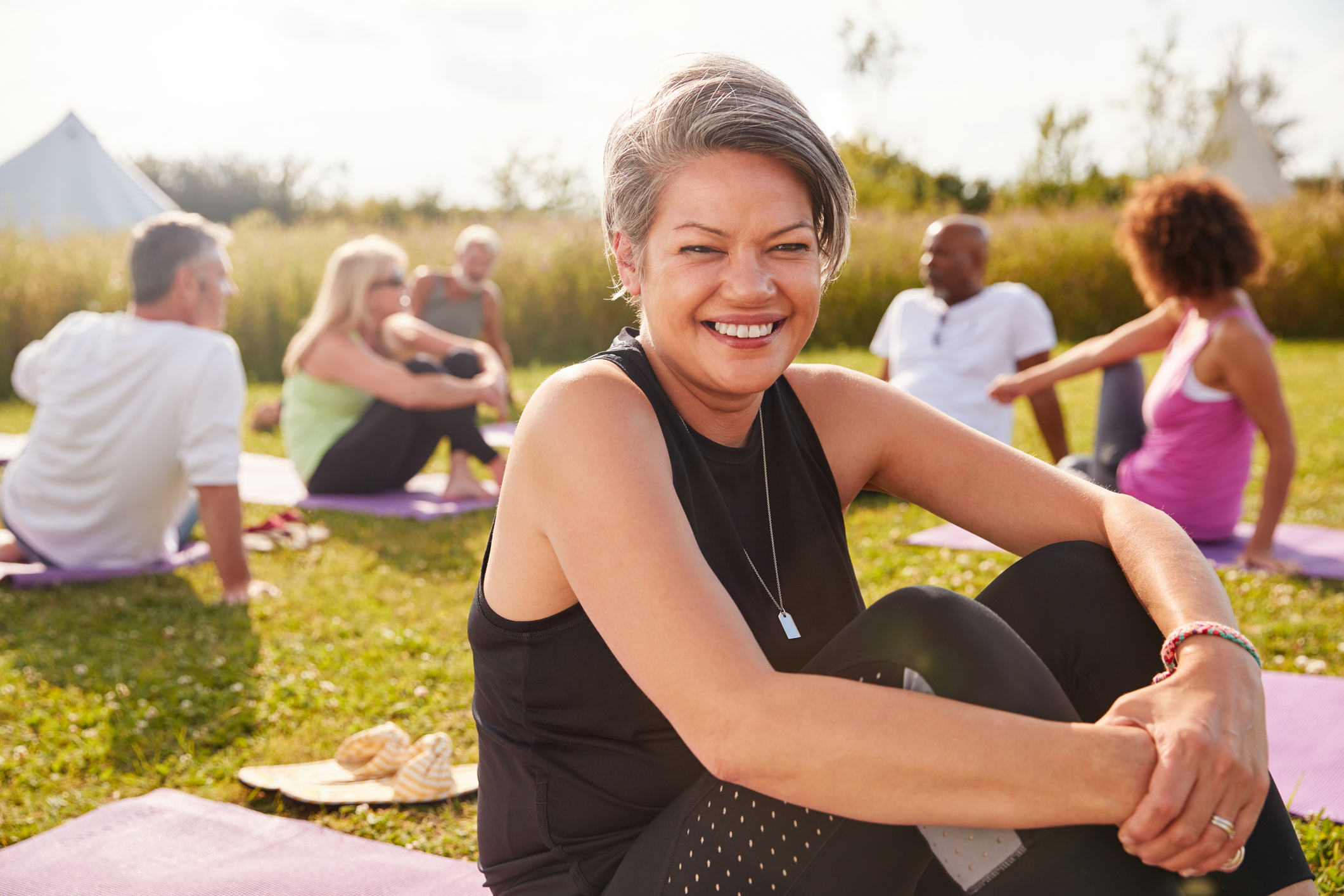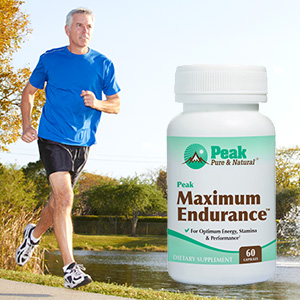Get Easy Health Digest™ in your inbox and don’t miss a thing when you subscribe today. Plus, get the free bonus report, Mother Nature’s Tips, Tricks and Remedies for Cholesterol, Blood Pressure & Blood Sugar as my way of saying welcome to the community!
Reduce depression and anxiety with exercise

If isolation, anxiety, and the daily onslaught of bad news generated by the coronavirus pandemic are taking a toll on your mood, you’re not alone.
2020 has been a very unpredictable year, and the levels of anxiety and depression have skyrocketed.
It’s easy to feel overwhelmed by it all. Even the thought of how to shake it seems like an insurmountable task.
But what if all it took was just one thing… one step… one new habit to boost dreariness and feel like your old self again?
Low fitness levels linked to higher depression and anxiety
When you’re suffering from depression or anxiety, exercise may seem like the last thing you want to do. But several studies on anxiety and depression conclude a close connection with lack of physical activity.
In fact, a recent and very large study published in BMC Medicine found that people with low aerobic and muscular fitness are twice as likely to experience depression. And not only that — but low fitness levels also predicted a 60 percent greater chance of anxiety, over a seven-year follow-up period.
The findings suggest engaging in moving your body may be the single best nonmedical solution for preventing and treating depression and anxiety. The combination of cardio exercise and strength training is more beneficial and has extensive public health benefits.
And guess what? You may not have to wait very long to experience the positive mood-boosting benefits…
According to lead author, Ph.D. student Aaron Kandola (University College London Psychiatry), “Other studies have found that just a few weeks of regular intensive exercise can make substantial improvements to aerobic and muscular fitness, so we are hopeful that it may not take much time to make a big difference to your risk of mental illness.”
So, what are you waiting for?
Fitness in the time of COVID
The global shutdown has closed gyms; however, you still have lots of choices…
Getting out into the fresh air is still an option. Researchers have stated people who exercise outdoors, including those who engage in team sports or individual activities, get more benefits than people who exercise indoors. Teams sports may be off the table right now, but going for a walk or run every day is a great option
Turn your den into a temporary workout space. The internet is a great source of aerobic fitness videos that can make working out fun if jogging in place bores you to tears.
No weights? You can improvise the use of dumbbells by lifting everyday objects found in your home, such as a jug of milk, a bottle of laundry detergent or those large cans of beans.
«SPONSORED»
Benefits of Exercise
- Engaging in exercises takes your mind off worries so you can get away from the cycle of negative thoughts and the very thing you are anxious about
- Releases feel-good endorphins and other natural brain chemicals, which increase the availability of critical anti-anxiety neurochemicals.
- Moving your body decreases muscle tension.
- Regular exercise boosts resilience against reoccurring destructive emotions.
- Engaging in regular exercise boosts your self-confidence and help you feel better about your appearance.
- Participating in an activity to help manage your depression or anxiety is a healthy coping strategy.
- To maximize the benefits, choose an enjoyable activity, so you will want to do it repeatedly.
- Work out with a positive and supportive friend or a local group to repeat the added benefits of social support. Just remember to keep your distance.
- Whenever possible, exercise in nature or green spaces, such as a park, to further lower stress and anxiety levels.
- Give yourself credit for taking a step in the right direction no matter how small and prepare for setbacks. If you skip exercise one day, it doesn’t mean you are a failure, try the next day again and stick with it.
Before you start a new exercise program, it’s essential to talk to your doctor to discuss the activities, how much, and what intensity is appropriate for you. Your doctor will review your health conditions and may have some helpful advice about getting started and staying motivated.
Sources:
Effects of exercise on anxiety, depression, and mood — Europe PMC
Low fitness linked to higher depression and anxiety risk — Eurekalert!
Anxiety, depression can be eased with 150 minutes of exercise a week — Healthline
4 Psychological Benefits of walking through forest areas — National Library of Medicine













